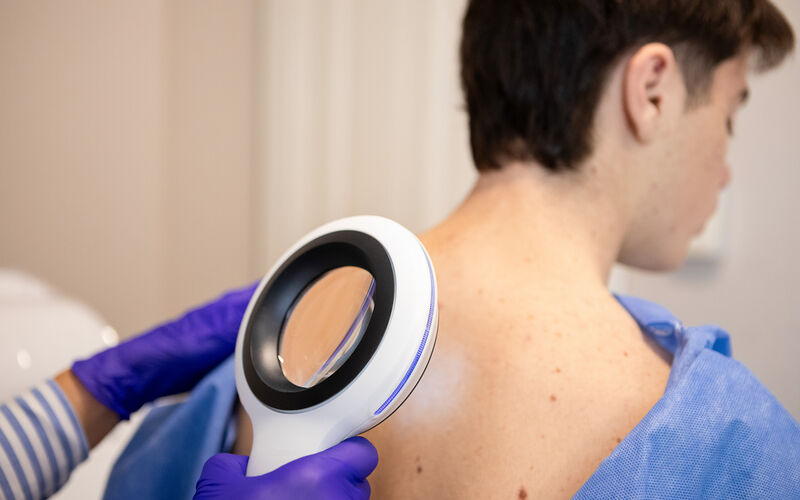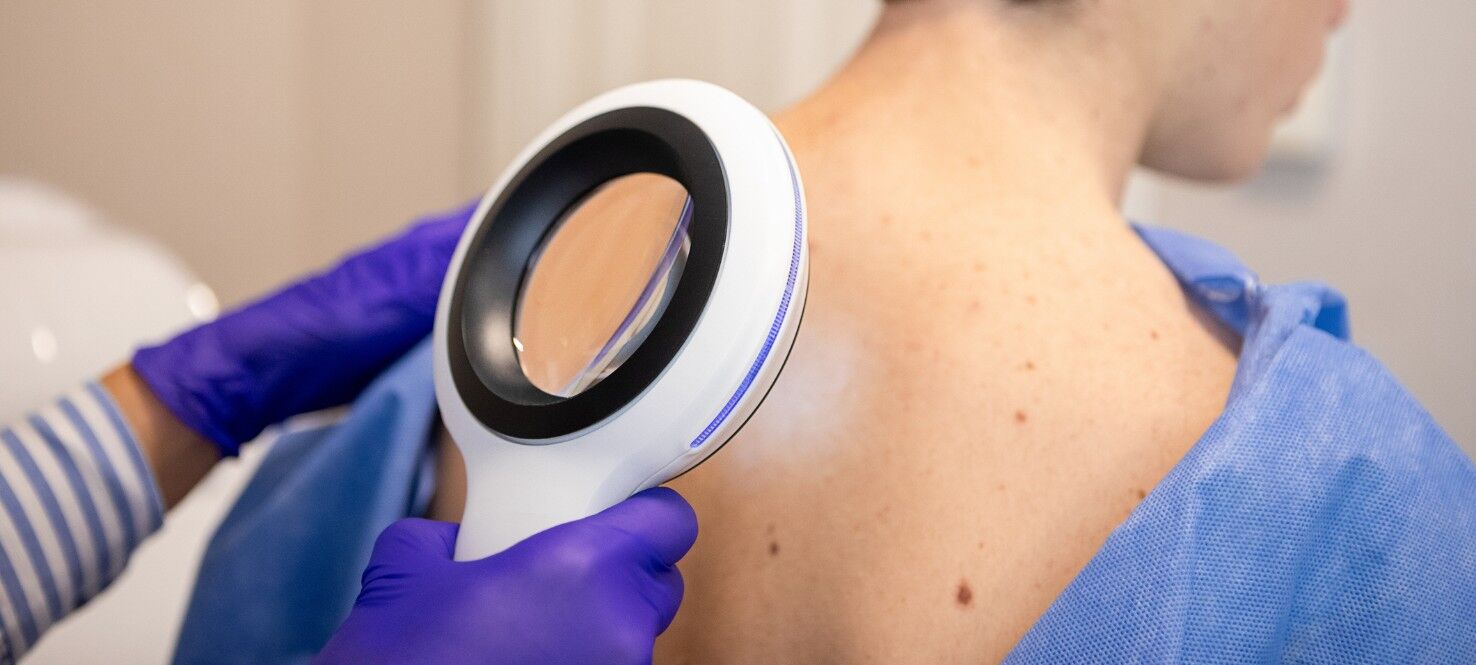Immunotherapy Combo Shows Promise as Pre-Surgical Treatment for Merkel Cell Carcinoma
A combination of pembrolizumab and lenvatinib used before surgery led to the complete elimination of detectable cancer cells in nearly 58% of patients with Merkel cell carcinoma, according to new data from a phase 2 clinical trial presented at the 2025 American Society of Clinical Oncology Annual Meeting.
Stay connected with Moffitt experts at #ASCO25 and follow #MoffittASCO25 for live updates from the meeting!https://t.co/GzGztPrzbs
— Moffitt Cancer Center (@MoffittNews) May 28, 2025
Merkel cell carcinoma is a rare but aggressive form of skin cancer that often responds well to immune checkpoint inhibitors in advanced stages. The trial, conducted by researchers at Moffitt Cancer Center, evaluated whether using systemic therapy before surgery could improve outcomes for patients with resectable stage 2 to 4 disease.
In this single-center, open-label study, 26 patients received six weeks of treatment with pembrolizumab and lenvatinib before undergoing surgery. The primary goal was to determine how many patients achieved a pathological complete response, meaning no viable tumor cells were found in tissue samples taken during surgery.
Fifteen of 26 (58%) patients achieved a pathological complete response, exceeding the benchmark set by researchers, which was based on a historical rate of approximately 40% for single-agent immunotherapy

Andrew Brohl, MD
“These results show that neoadjuvant pembrolizumab plus lenvatinib can induce deep responses in a majority of patients with high-risk Merkel cell carcinoma,” said Andrew Brohl, MD, lead author of the study and a medical oncologist at Moffitt. “This strategy [of administering systemic treatment before surgery] may help reduce the need for more aggressive treatments later and better identify patients who benefit from immunotherapy up front.”
At a median follow-up of 20 months, six patients had experienced disease progression, including two during the initial six-week treatment period. Among patients who achieved a pathological complete response, the risk of recurrence was lower than in those who did not, though the difference was not statistically significant.
Overall, the treatment was well tolerated. More than half of patients experienced at least one serious treatment-related side effect, most commonly high blood pressure, which improved with dose adjustments. No life-threatening toxicities were reported.
The study highlights the feasibility of conducting neoadjuvant trials in Merkel cell carcinoma, where the role of pre-surgical systemic therapy has not been clearly defined. Researchers are continuing to analyze biological samples to identify potential biomarkers of response.
“Our findings lay the groundwork for future studies evaluating combination immunotherapies in this setting,” Brohl said. “We hope this can eventually lead to more personalized and effective treatment approaches for this challenging cancer.”
Although the results are promising, the authors stress the need for larger studies to confirm the benefits and refine treatment strategies for patients with Merkel cell carcinoma.




